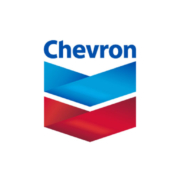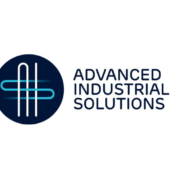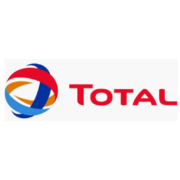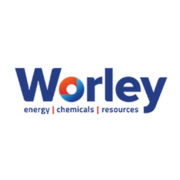Integrating operations improves offshore efficiency and reduces costs at ConocoPhillips
ConocoPhillips, the world’s largest independent exploration and production company based on production and proved reserves, has significantly improved offshore efficiency and reduced operating costs by integrating its operations, changing work processes and building a cutting-edge onshore operations centre (OOC).
The new approach has helped to increase the number of activities executed offshore, reduce the number of changes to maintenance plans by 70 per cent and has tripled offshore ‘tool time’ (the number of hours per shift spent performing productive tasks).
Unplanned production trips have improved by almost one third, the backlog of work has been reversed and operating costs have fallen by 17 per cent.
In an aim to elevate operations performance across their North Sea assets, back in 2013 the company decided to change their operating model for the UK. The challenge was to integrate all their Central and Southern North Sea operations by the end of that year.
Setting clear goals to reduce risk and to improve efficiency in all operating areas including improved support given to offshore from onshore, the initiative involved significant change throughout the organisation.
Not only was it essential to change the office and equipment, it also necessitated a soft people skills change with the company’s SPIRIT (Safety, People, Integrity, Responsibility, Innovation and Teamwork) values firmly in mind. Behavioural changes included encouraging more collaboration, innovation and improved decision-making.
A dedicated cutting-edge Onshore Operations Centre (OOC) was also built, allowing the multi-disciplinary front-line support teams – condition monitoring, integrated planning, production delivery and health, safety and environment – to all be located in one place.
Since completion, the OOC has consistently delivered tangible results. Its ongoing operation, combined with a programme of continuous improvement, means it is growing in strength and it is successfully delivering improvements to the company’s UK operations.
Brage Sandstad, General Manager, Operated Assets, explains: “For ConocoPhillips, ‘integrated operations’ is a simple and creative solution that has enabled collaboration between our UK offshore and onshore functional teams to achieve results. By embracing this opportunity for change, we have safely reduced costs, whilst gaining a higher degree of assimilation and collaboration with our contractors and service providers. For us, it was simply good sense to integrate our people and improve our work processes facilitated by the use of new technology”.








